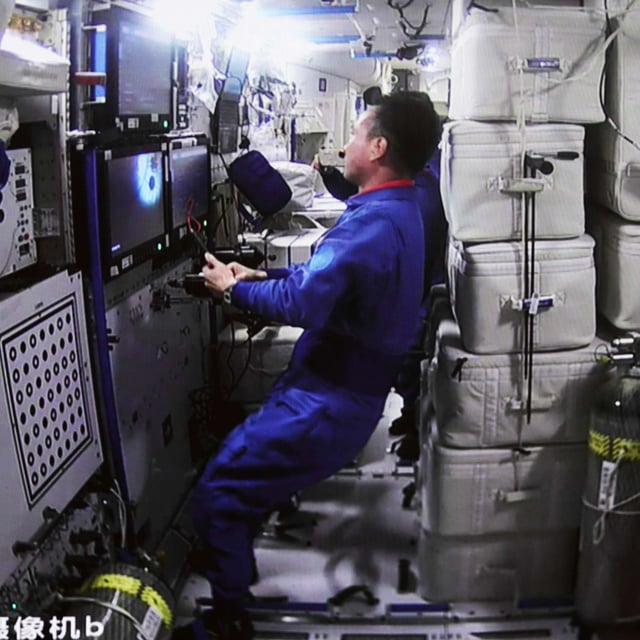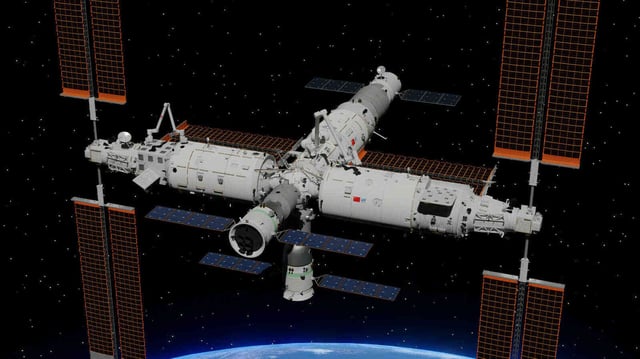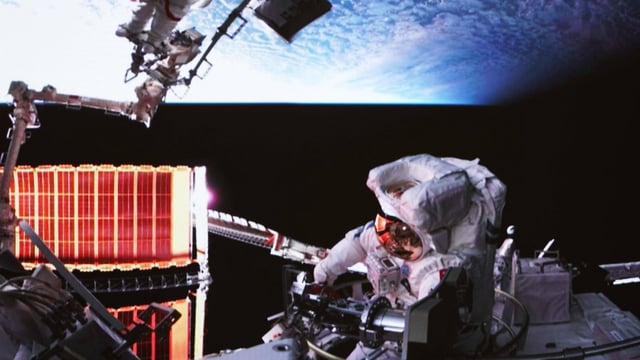Overview
- Scientists identified Niallia tiangongensis, a novel bacterium, aboard the Tiangong space station, formally described in a recent microbiology journal publication.
- The bacterium exhibits unique adaptations, including the ability to degrade gelatin for survival in nutrient-poor conditions and resist oxidative stress and radiation damage.
- Researchers are investigating whether the microbe evolved in space or arrived as spores, as well as its potential health risks to astronauts given its terrestrial relative's link to sepsis in immunocompromised individuals.
- The discovery highlights challenges in preventing microbial contamination during space missions and the need to understand space-adapted organisms for crewed long-duration exploration.
- Beyond space applications, the bacterium's resilience may inspire innovations in medicine, agriculture, and biotechnology under extreme Earth conditions.


